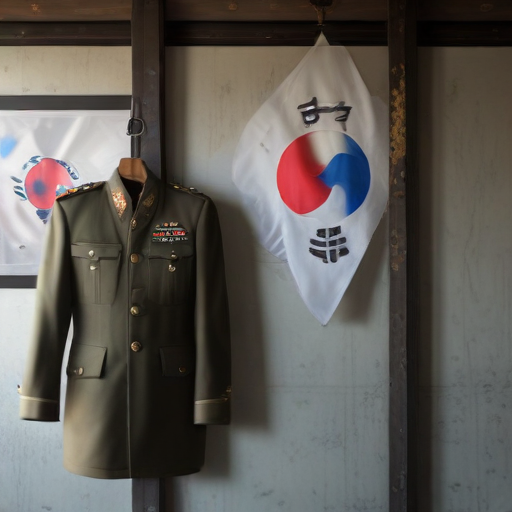South Korea’s military, once viewed as a symbol of modernization and discipline following a tumultuous past marked by terror and violence in the 1970s and 1980s, has faced a significant blow to its reputation. This shift came during a parliamentary hearing on Thursday, where General Park An-su, the Army chief of staff, provided a disorganized account of the recent imposition of martial law, indicating a lack of preparation and a chaotic response from the military.
During his testimony, General Park candidly admitted to the confusion surrounding the implementation of the martial law order, which was issued by President Yoon Suk Yeol. The rapid deployment of the military measures led to widespread public outrage, resulting in thousands of citizens taking to the streets in protest. In light of the mounting pressure and backlash, President Yoon was compelled to rescind the martial law decree within just six hours.
This incident has raised serious questions about the preparedness and cohesion of South Korea’s military establishment. The scrutiny from lawmakers reflects a broader concern regarding the military’s capability to handle crisis situations effectively.
Despite the tumultuous events, this moment could serve as a catalyst for reform within the military. Acknowledging the shortcomings could lead to improved protocols and reassessments of military operations, ultimately fostering a stronger and more reliable defense force in the future. Such developments may assist in restoring public confidence and ensuring that the military can better navigate political and social challenges ahead.
In summary, while recent events have shaken the long-held image of South Korea’s military, the potential for reflection and reform presents an opportunity for growth and enhanced accountability moving forward.
